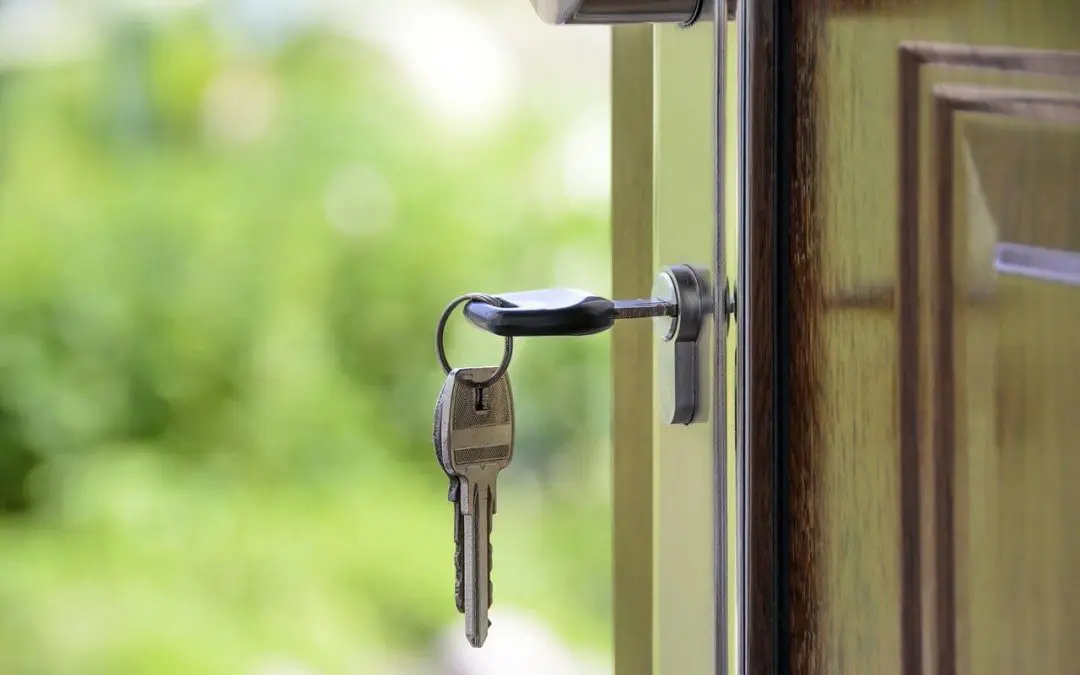If you’ve purchased your first home, there are plenty of responsibilities to be prepared for. Upkeep on your home is important to keep it safe and to maintain the property value. Here are a few things first-time homeowners should know to make life in the new house easier.
Homeowners Should Know How to Use a Fire Extinguisher
A fire extinguisher can be the difference between a small stovetop flare-up and an entire house fire. Purchase extinguishers for your home and keep them in easy-to-reach locations. Learn how to properly use the device. Pull the pin and then point the extinguisher at the base of the flames. Squeeze the handle to dispense the extinguishing chemicals and sweep the spray from side-to-side. Learning to use a fire extinguisher can save property and lives.
Appliances Have a Life Expectancy
When you move into a new home, you will have appliances that were included with your purchase. Learn the age and condition of the appliances so you can plan for maintenance and eventual replacement. Each appliance has an average lifespan. It’s helpful to know approximately how long to expect your household machines to last.
Budget for Home Maintenance
Home maintenance and improvement projects are a major part of owning a home. You planned and budgeted carefully to be able to purchase your house. You determined what you could afford for a mortgage, taxes, and homeowners insurance payments. You’ll also need to set aside money for basic maintenance and emergency repairs. A good general rule is to set aside 1-3% of your home’s value each year.
Homeowners Should Know How to Be Prepared for Emergencies
Storms, flooding, and other natural disasters occur. Be ready by keeping emergency supplies on hand. Create a disaster kit that contains basic items like non-perishable food, water, flashlights, first-aid supplies, and medications. If the power goes out or you’re stuck at home because of a storm, you’ll feel better knowing you have supplies on hand.
The Bank May Sell Your Mortgage
When purchasing a home, you may have shopped around for a lender you felt good about working with. However, after the loan is finalized and you’ve closed on the property, the bank may sell your mortgage. This is a common practice and you will usually be notified by mail with information about your new lender. Be aware that you will probably have to send your mortgage payments to a new address each month, but the terms of your loan will stay the same.
Where the Main Water Shut-Off is Located
In case of a burst pipe or other emergency, it’s useful to know where your main water shut-off is located. Look around the perimeter of your home. Often it can be found on the same side as the street because that is usually the direction that water enters your home. However, depending on where you live, the water shut-off may be located elsewhere. Check your home inspection report. There’s a good chance your inspector made note of the location during the inspection. This information is usually found in the plumbing section of the report.
Changing Door Locks is a Task Homeowners Should Know How to Do
Unless you’re moving into a newly constructed home, there is no way to know who has a key to your property. The previous owner may have handed out front door keys to the babysitter, plumber, or housecleaner and these people now have access to your home. Changing the locks should be one of the first projects you tackle in your new space. Hire a locksmith or learn how to change the locks yourself.
Inspect It Neil provides home inspection services to customers in New Jersey. Contact us to request our services.

